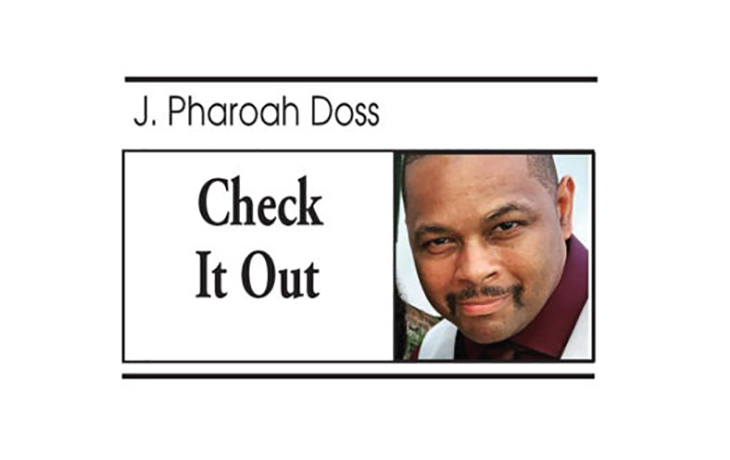THE REV. DR. MARTIN LUTHER KING JR. is welcomed with a kiss by his wife Coretta after leaving court in Montgomery, Ala., March 22, 1956. Dr. King was found guilty of conspiracy to boycott city buses in a campaign to desegregate the bus system, but a judge suspended his $500 fine pending appeal. (Associated Press Photo/File)
America recently celebrated Martin Luther King Jr.’s holiday, which is also a National Day of Service, but the occasion was not without bickering over King’s fundamental message.
U.S. Rep. Lauren Boebert, R-Colorado, commended King’s civil rights struggle but pointed out that he fought for equality rather than equity. Democrats disagreed, accusing Boebert of failing to appreciate King’s entire legacy.
Boebert said, “King had a dream that we would all be equal in America. Equity had no part in that dream. Let’s end the woke movement in America in honor of King.”
Democratic strategist Ameshia Cross responded, “The Republican attack on ‘woke’ is disingenuous at best. It’s disappointing, especially considering all of the work that MLK Jr. committed himself to, which is a lot more than the ‘I Had a Dream’ speech. [Republicans] like to forget all of the things that [King] talked about, from housing equity to education equity to workforce equity and inclusion.”
Every amateur historian knows that King’s brief public career divided into two phases.
There was the Civil Rights Movement King (1955–1964), whose first objective was to achieve equality for Black people who were classified as second-class citizens. Then there was the Great Society/War on Poverty King (1965–1968), who advocated for the elimination of poverty, regardless of race, through the redistribution of America’s wealth.
Boebert and Cross embrace one phase of King’s career and treat the other phase as if it were on the wrong side of history. Their battle was never about whether King’s central message was equality or equity; it was about which side could use King’s moral authority to accomplish their political agenda. Neither side wants to honor the man; both crave the moral authority of the martyr. As a result, the annual political squabbles on King’s National Day of Service are nothing more than self-serving spectacles that detract from the holiday.

Republicans can better commemorate King’s memory by realizing that King was more than two concepts “I have a dream” and “judging people by character not skin color,” while Democrats can better honor King’s memory by recognizing that King had moral concerns beyond the material realm.
For example, prior to the Civil Rights Movement a young preacher delivered a sermon titled Rediscovering Lost Values.
King warned the congregation that there is something profoundly wrong with the world. Many people assume that a lack of knowledge causes problems in the world. King refuted the view. He stated that in terms of collected knowledge, we presently know more than at any other time in human history. Some argue that a lack of technological advancement has led to major problems in our world. However, King claimed that this was not true because, in the 1700s, a letter took three days to travel from New York City to Washington, whereas today, you can travel from America to China in less time.
King explained to the congregation that our intellectual, scientific, and technical genius does not lag behind. Our moral mind lags behind. Through our intellectual, scientific, and technological ability, we’ve made the world a neighborhood, but we failed to make the world a brotherhood with our moral mind.
King advised the congregation that in order to move forward, sometimes we must go backwards and rediscover what we have lost. The first principle of value that we must rediscover is that the universe has moral laws. We are aware that there is a gravitational law and that disobeying it would result in negative repercussions. But we no longer believe there are moral laws that are just as binding as physical laws, and if we break them, we will face the consequences.
The modern world, according to King, has evolved a relativistic moral ethic.
We’ve accepted the idea that right and wrong are only relative to our personal beliefs. Most people cannot stand up for their convictions because the majority of people may not be doing it. So, if nobody is doing it, it must be wrong; if everyone is doing it, it must be right.
This is a numerical interpretation of right and wrong, which is a rebellion against the moral laws of the universe, and it is destroying our culture and nation.
Later, as a national Civil Rights figure, King famously stated, “The arc of the moral universe is long, but it bends towards justice.” However, it is vital to recall that King also warned that the arc of moral relativity is long but ultimately leads to self-destruction, regardless of equality or equity.

